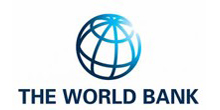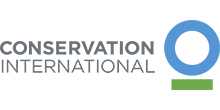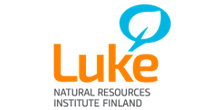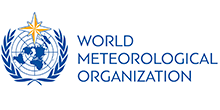About PLACA
The Platform of Latin America and the Caribbean for Climate Action on Agriculture (PLACA), launched at COP25, was created in response to the need of the Ministries of Agriculture for a regional mechanism to strengthen institutional capacities related to the effects of climate change on agriculture.
Currently, PLACA is the only platform in the region that focuses on:
- Foster a collaborative network of shared knowledge.
- Build capacity to support ministries of agriculture in leveraging climate action towards the implementation of their commitments under the Paris Agreement.
The Platform considers the social, environmental and economic dimensions to seek synergies with major environmental conventions, such as the Climate Change Convention, Agenda 2030, the Sendai Framework for Disaster Risk Reduction 2015-2030, and the Conventions on Biological Diversity and Combating Desertification and Drought.
General Objective
Promote and enhance the collaboration between countriesand with regional and international initiatives, multi-stakeholder platforms, alliances and institutions, for the implementation of mitigation and adaptation measures to support regional strategies and national policies related to the impacts of climate change and climate variability in the agricultural sector, considering the dimensions social, environmental and economicand seeking synergies with the Climate Change Convention, Agenda 2030, the Sendai Framework for Disaster Risk Reduction 2015-2030 and the Conventions on Biological Diversity and Combating Desertification and Drought.
Specific objectives
- Promote a space for cooperation for the exchange and co-creation of knowledge, technologies, generation and strengthening of capacities and support for national governance.
- Access to financing and support for cooperation.
- Institutional and policy management support.
From July 2025, the Presidency of PLACA is represented by Peru, and co-chairmanship by Brazil. The Assembly shall be chaired by the Focal Point of the country in charge of the elected Presidency and co-chaired by the country in charge of the future Presidency.
The functions of the Presidency and Co-Chairmanship are as follows:
- Facilitate the meetings of the Assembly;
- Prepare, at the request of the General Assembly, the annual work plan, in consultation with the thematic working groups, for which the Secretariat will be logistically supported, and present it for approval by the Assembly;
- Provide guidance to the Secretariat;
- Present matters to the Assembly for decision between meetings, when this is requested by representatives of any of the member countries;
- Communicate to the Secretariat the decisions of the Assembly;
- To prepare proposed decisions for deliberation at the regular sessions of the Assembly, when this is necessary in the period between its meetings.
PLACA Presidencies:
- Orlando Chirinos (Peru): Period 2025 - 2026
- Rafael López (Guatemala): Period 2024 - 2025
- Sol Ortiz (Mexico): Period 2023 - 2024
- Karla Mena (Costa Rica): Period 2022 - 2023
- Cecilia Jones (Uruguay): Period 2021 - 2022
- Angelina Espinoza (Chile): Period 2020 - 2021
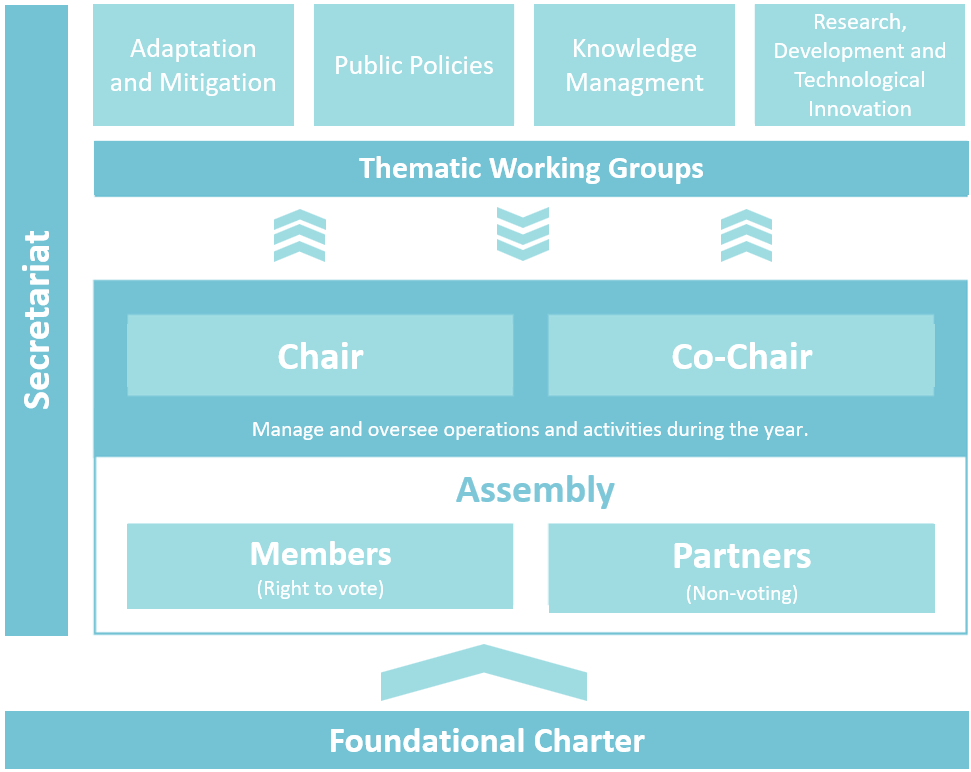
Thematic working groups ("working groups") are created by decision of the Assembly, to facilitate the Platform's activities and objectives in accordance with PLACA's Founding Charter and will be assisted by the Secretariat. Each working group will develop and implement an action plan to promote and facilitate activities consistent with the objectives of the Platform, the Annual Work Plan and the specific scope of the working group in question. The working groups will present progress and results annually to the Assembly for validation.
Each working group will report its activities to the Secretariat in a standard format every six months, for dissemination to the Assembly and other working groups, in accordance with the Platform's communication policy.
Adaptation and Mitigation Group: It is coordinated by Ecuador. Other participants are: Argentina, Bahamas, Brazil, Chile, Dominican Republic, El Salvador, Guatemala, Haiti, Mexico, Panama, Paraguay and Peru
Public Policy Group: It is coordinated by Chile. Other participants are: Argentina, Bahamas, Brazil, Costa Rica, Dominican Republic, Ecuador, El Salvador, Guatemala, Haiti, Mexico, Panama, Paraguay, Peru and Uruguay.
Knowledge Management Group: It is coordinated by Mexico. Other participants are: Argentina, Bahamas, Chile, Costa Rica, Dominican Republic, Ecuador, El Salvador, Guatemala, Haiti, Panama, Paraguay and Peru
Research, Development and Technological Innovation Group: Lo coordina Guatemala. Además participan: Argentina, Bahamas, Chile, Ecuador, El Salvador, Haití, México, Panamá, Paraguay, Perú, República Dominicana y Uruguay.
For internal coordination, go to: https://dgroups.org/fao/placa
PLACA Members are the Ministries of Agriculture that signed the Letter of Accession at the PLACA launch ceremony held on December 5, 2019 during COP25 in Madrid, Spain, as well as those Ministries of Agriculture that formally notify the Secretariat, and sign the Letter of Accession to PLACA. The Secretariat will request each member to formally nominate its representatives to PLACA. Participation in PLACA is voluntary.
Each member individually determines the nature and extent of its participation in any PLACA activity, adopting as minimum actions those proposed in these statutes.
Members may apply to join PLACA, and the Assembly shall be responsible for approving the adhesion by consensus.
PLACA has five partner organizations: the World Bank; Conservation International; the CGIAR Research Program on Climate Change, Agriculture and Food Security (CCAFS); the Natural Resources Institute of Finland (LUKE); and the World Meteorological Organization.
For more information on PLACA, country membership process, or interest in becoming a partner organization, write us in our contact form.
List of official logos of the Platform of Latin America and the Caribbean for Climate Action on Agriculture
Download them all in one file.
| # | Name | Image | Download |
|---|---|---|---|
| 1 | Horizontal Spanish | 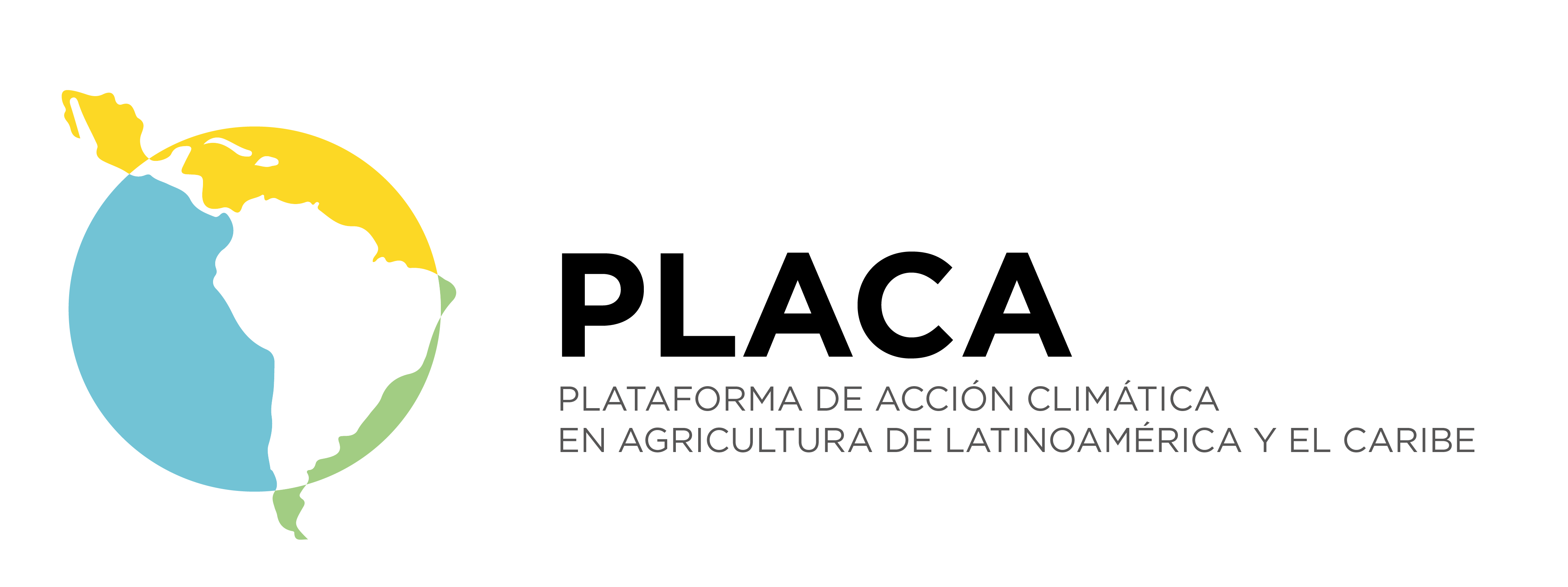 | Download |
| 2 | Horizontal Spanish Transparent |  | Download |
| 3 | Horizontal English | 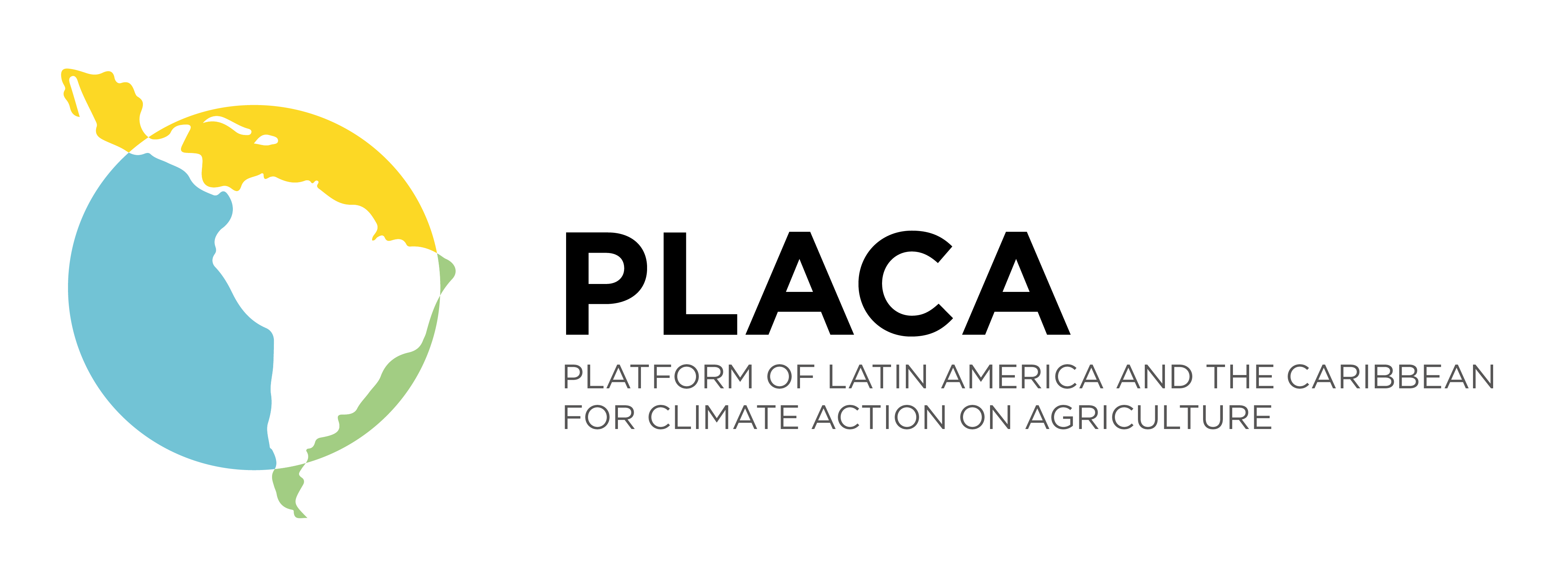 | Download |
| 4 | Horizontal English Transparent |  | Download |
| 5 | Vertical Spanish | 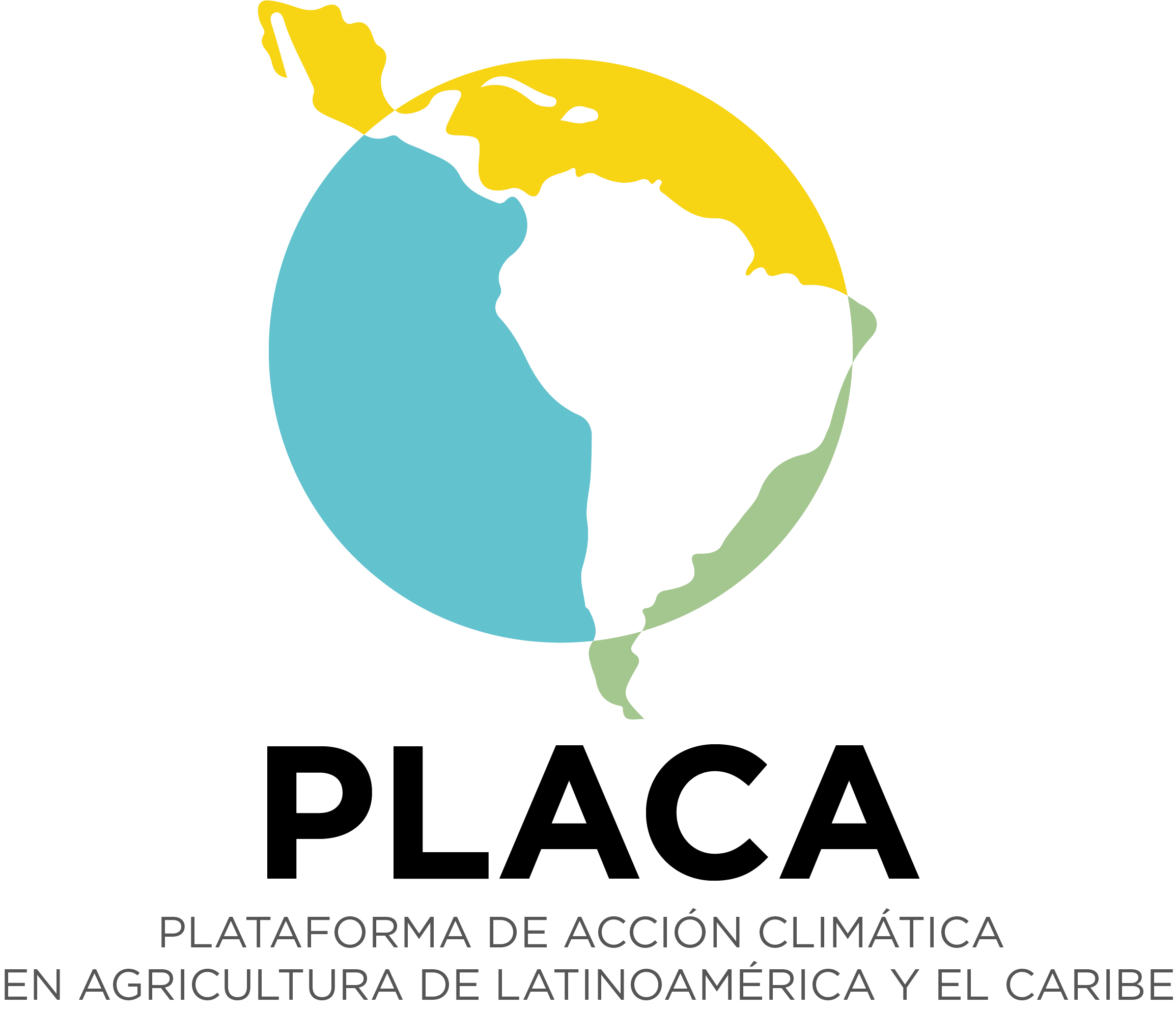 | Download |
| 6 | Vertical Spanish Transparent |  | Download |
| 7 | Vertical English | 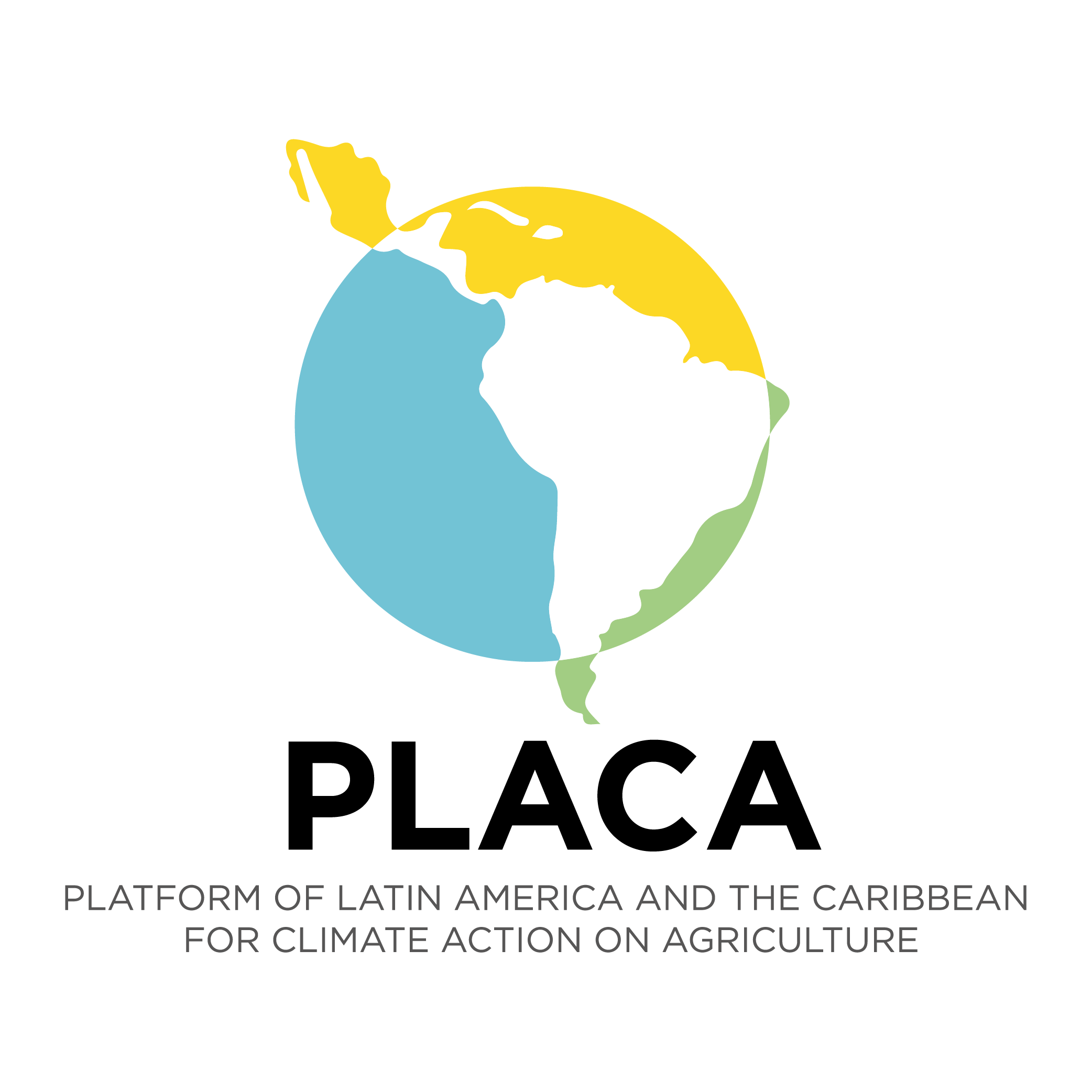 | Download |
| 8 | Vertical English Transparent |  | Download |
Platform member countries
PLACA brings together representatives of the ministries of agriculture of Argentina, Bahamas, Belize, Brazil, Chile, Colombia, Costa Rica, Dominican Republic, Ecuador, El Salvador, Guatemala, Haiti, Honduras, Mexico, Panama, Paraguay, Peru and Uruguay to support national and regional strategies related to climate action in agriculture.
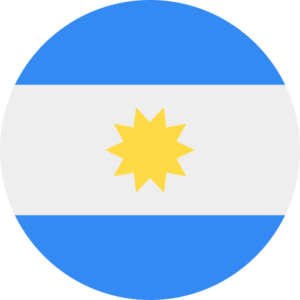
Argentina
Focal Point: Patricia Degracia
Alternate Point: Andrés Said
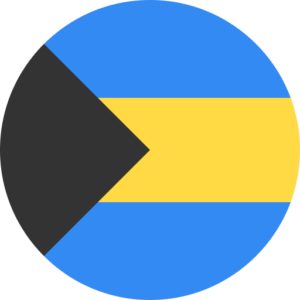
Bahamas
Focal Point: Delreese Grant
Alternate Point: Jeri Kelly
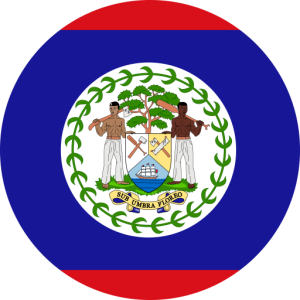
Belize
Punto Focal: Belarmino Esquivel
Punto Alterno: Emilio Montero

Brazil
Punto Focal: Bruno dos Santos Alves Figueiredo Brasil
Punto Alterno: Kleber Souza dos Santos
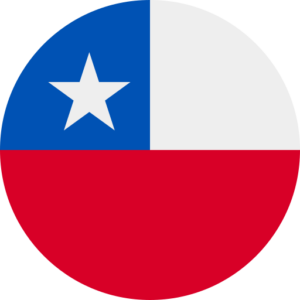
Chile
Focal Point: Angelina Espinoza
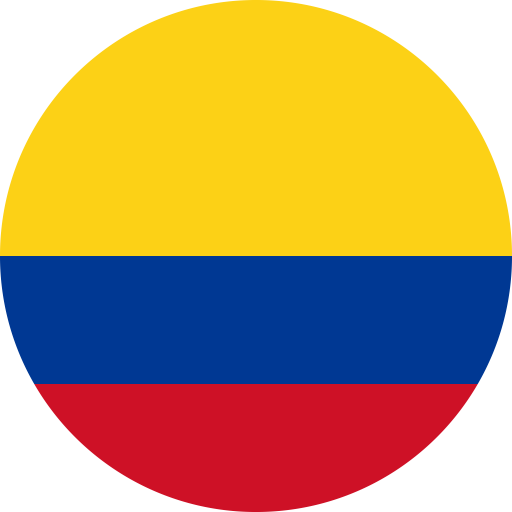
Colombia
Focal Point: Nelson Lozano
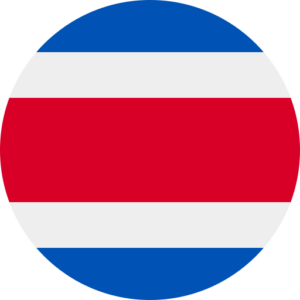
Costa Rica
Focal Point: Karla Mena
Alternate Point: Gabriela Carmona
 Ecuador
Ecuador
Focal Point: Daniel Ordoñez
Alternate Point: Wilmer Jiménez
 El Salvador
El Salvador
Punto Focal: Lucia Alicia Gómez

Guatemala
Focal Point: Rafael López
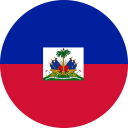 Haití
Haití
Focal Point: Donald Joseph
Alternate Point: Midouin Lidelias
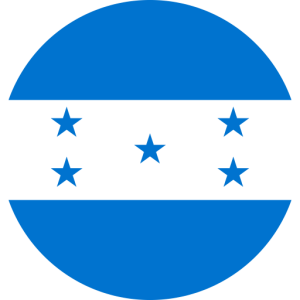
Honduras
Punto Focal: José Ángel Acosta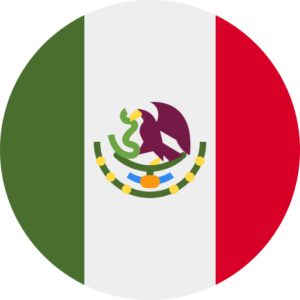
Mexico
Punto Focal: Xóchitl Ramírez Reivich
Punto Alterno: Santiago Ruy Sánchez de Orellana
 Panamá
Panamá
Focal Point: Ibélice Añino Nieto
Alternate Point: Temilda Yanet Sierra
 Paraguay
Paraguay
Focal Point: Lourdes Sofía Jou
Alternate Point: Aracely Cardozo Balbuena
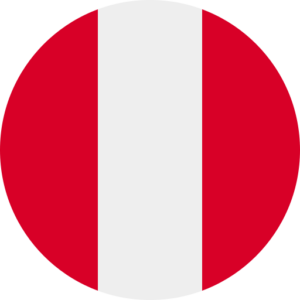
Peru
Focal Point: Orlando Hernán Chirinos Trujillo
Alternate Point: Julio César García Estrada
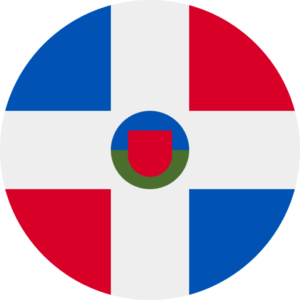
Dominican Republic
Focal Point: Juan Mancebo
Alternate Point: Dominga Zorrilla
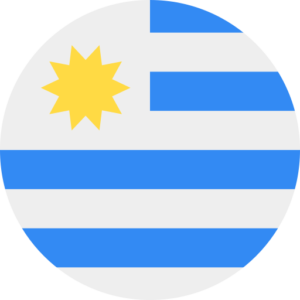
Uruguay
Focal Point: Gustavo Garibotto
Alternate Point: Verónica Durán
Partners
PLACA has five partner organizations: the World Bank; Conservation International; the CGIAR Research Program on Climate Change, Agriculture and Food Security (CCAFS); the Natural Resources Institute of Finland (LUKE); and the World Meteorological Organization.
